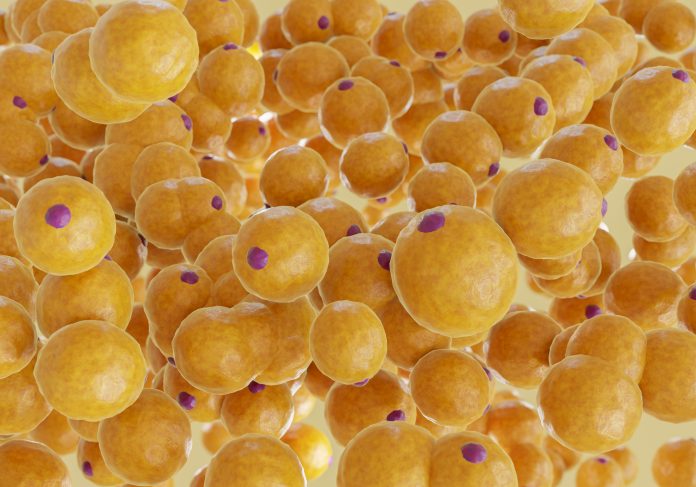A research team led by Professor Akiko Kojima from Osaka Metropolitan University uncovers the antiobesity potential of the tropical plant Mallotus furetianus
A team of researchers, under the leadership of Associate Professor Akiko Kojima, embarked on a journey to find innovative solutions against the ever-growing global epidemic of obesity.
The discovery of the antiobesity plant
Their focus was on Mallotus fustians (MFE), a tropical plant native to China’s Hainan Island, known for its potential to prevent fatty liver. However, the antiobesity effects of this plant remained unexplored until now.
Utilising obesity model mice, the researchers investigated the impact of MFE extract and discovered promising results that could revolutionise the fight against obesity.
Remarkable results in obesity model mice
The research team conducted experiments on obesity model mice to assess the effectiveness of the MFE extract.
The results were astonishing; treatment with MFE significantly curtailed the body and adipose tissue weight increase.
Moreover, the liver and adipose tissue of the mice displayed distinct morphological changes.
Delving deeper into the mechanism, the researchers found that MFE suppressed fat synthesis by inhibiting the expression of specific transcription factors associated with adipocyte differentiation.
These findings indicate the potential of MFE as a potent antiobesity agent.
Pursuing health through antiobesity foods
Professor Kojima’s research group is on a quest to identify food ingredients with antiobesity properties to promote health and longevity. Incorporating such elements into daily diets could help combat obesity-related lifestyle diseases like diabetes and hypertension.
The newfound connection between Mallotus fustians extract and its antiobesity effects has raised hopes for harnessing it as a novel food ingredient. By developing products enriched with this antiobesity plant, they aim to offer practical and accessible solutions to address the global obesity crisis.
The potential of Mallotus Furetianus
The groundbreaking research led by Professor Akiko Kojima has shed light on the untapped potential of the Mallotus fustians plant.
With its remarkable antiobesity effects demonstrated in obesity model mice, this tropical plant from China’s Hainan Island holds promise as a key player in the battle against obesity worldwide.











